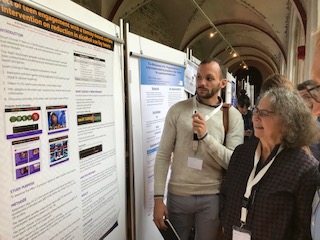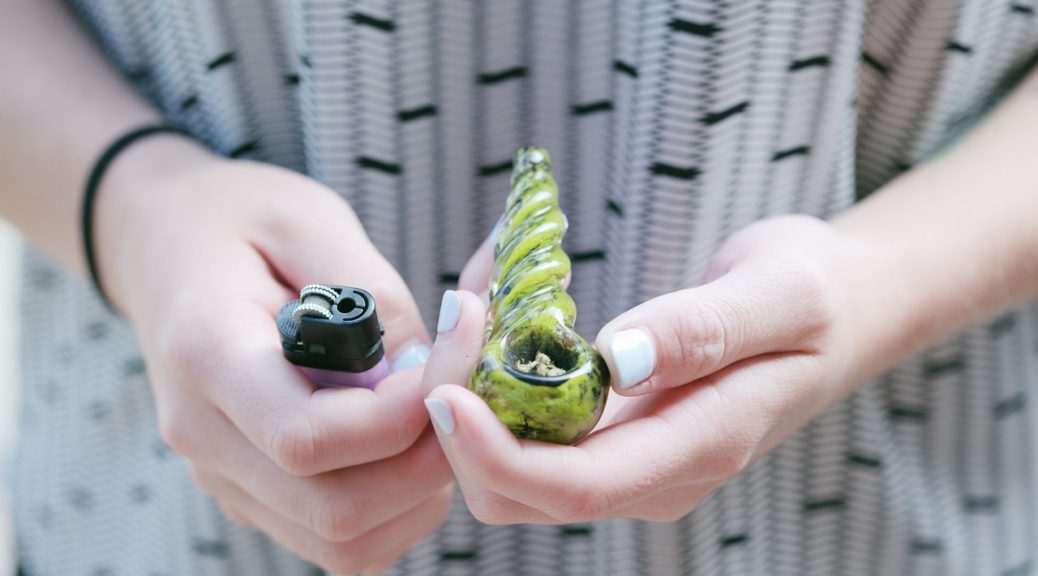A Tablet-delivered Intervention to Reduce Risky Behavior in Adolescents
Klein Buendel collaborator, Dr. Christopher Houck from Rhode Island Hospital, will present findings from Project TRAC at the Society of Research on Adolescence Biennial Meeting in San Diego, California, March 19-21, 2020. His presentation will also include a demonstration of the targeted games used in the intervention.
The team initially developed and validated an Emotion Regulation (ER) intervention for reducing risk behaviors among early adolescents. Project TRAC showed that adolescents who learned about sexual health information with ER content were significantly less likely to transition to sexual activity. Despite the promise of targeting ER during early adolescence to prevent risk behaviors, discussions with community partners suggest that the original facilitator-led small-group format is difficult to sustain. Disseminating this prevention approach required a format that was less reliant on specialized training that could be easily implemented to an individual format. Therefore, through advisory panels of early adolescents and consultation from a group of experts in the field, Project TRAC was translated from a small-group format to a tablet-delivered, game-based program.
Acceptability testing took place with ten adolescents followed by 85 adolescents who participated in a small randomized pilot trial to assess the feasibility of the digital intervention as well as preliminary assessment of short-term changes in ER. Those randomized to the intervention condition completed four computerized modules that taught emotion concepts through games and instructional videos. Control participants were waitlisted to complete the intervention at the end of the study and all adolescents completed surveys at baseline and one month later.
Participants positively rated the intervention with a majority completing all four modules. Intervention participants self-reported significant improvements, including emotional awareness, perceived access to ER strategies, use of the strategies taught in the intervention, intentions to use these strategies, emotional knowledge, and perceptions that emotions are changeable. They also reported a moderate effect of poorer perceptions of abilities to manage positive emotions.
Results suggest that a tablet-based intervention providing ER training was able to affect adolescents’ use of ER behaviors, understanding of emotions, and perceptions of emotional competence. Linking ER training to specific areas of risk (sexual health, substance use, or violence prevention) in the developmental window when risk behaviors are beginning, such as early adolescence, may prevent risk behaviors for many young people. Dissemination of evidence-based interventions through tablet formats may also improve the reach of effective interventions.
This research is funded by a grant from the National Institute of Child Health and Human Development (HD089979; Dr. Christopher Houck, Principal Investigator). Other collaborators include Wendy Hadley from the University of Oregon; Crosby Modrowski and Kelsey Bala from Brown University; Brittany Wickham from Villanova University; and Dr. Valerie Myers and Tiffany Jerrod from Klein Buendel.









